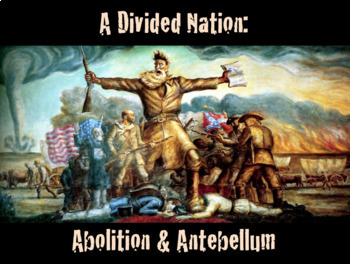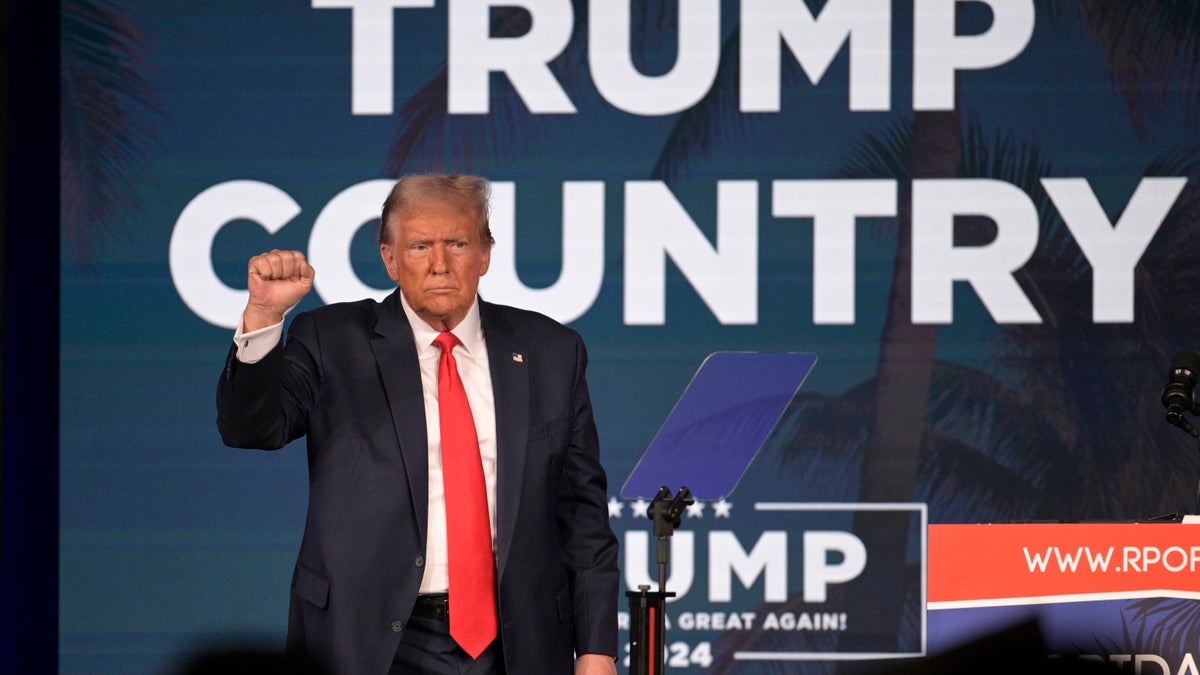King Day: A Nation Divided – Celebration Or Abolition?

Table of Contents
The Celebration of King's Achievements
King Day serves as an important reminder of the monumental contributions Martin Luther King Jr. made to the Civil Rights Movement. His legacy is one of unwavering commitment to nonviolent resistance, powerful oratory, and strategic leadership that ultimately led to significant legislative victories.
-
Nonviolent resistance strategies and their impact: King's philosophy of nonviolent resistance, inspired by Mahatma Gandhi, proved incredibly effective in mobilizing the masses and garnering international support for the Civil Rights cause. Sit-ins, marches, and boycotts, all hallmarks of this strategy, put immense pressure on segregationist policies.
-
Key speeches and their lasting influence: Speeches like "I Have a Dream," delivered during the March on Washington in 1963, transcended the immediate context and became iconic symbols of hope and freedom, inspiring generations to fight for social justice. These speeches continue to be studied and analyzed for their rhetorical power and enduring message.
-
Legislative victories achieved during the Civil Rights era: The Civil Rights Act of 1964 and the Voting Rights Act of 1965, landmark achievements in the fight for equality, were directly influenced by King's tireless activism and the broader Civil Rights Movement. These legislative victories represent tangible progress towards a more just society, progress that King fought tirelessly to achieve.
-
King's Nobel Peace Prize and international recognition: Awarded the Nobel Peace Prize in 1964, King's impact extended far beyond the borders of the United States. His commitment to peace and social justice earned him international recognition and cemented his place as a global icon of the fight for human rights. King Day celebrations reflect this international appreciation for his work.
King Day, therefore, rightly celebrates these monumental achievements and inspires continued activism focused on the ideals of equality and justice that King championed. Many communities organize King Day events centered around service projects, reflecting King's commitment to community building and social action.
The Unfinished Business of Abolition
Despite the significant progress made during the Civil Rights era, the reality is that systemic racism continues to plague American society. The dream of racial equality remains tragically unfinished. King Day, while a celebration, must also serve as a poignant reminder of the persistent inequalities that demand our attention.
-
The ongoing struggle for racial justice and equality: From police brutality and racial profiling to disparities in education, housing, and employment, the legacy of systemic racism continues to manifest in countless ways. The fight for racial justice is far from over; King Day serves as a crucial reminder of the ongoing struggle.
-
Statistics on racial disparities: Data consistently reveals stark racial disparities across numerous sectors. Consider the disproportionate incarceration rates of African Americans, the persistent wealth gap, and the ongoing challenges faced by minority communities in accessing quality education and healthcare. These statistics highlight the urgent need for continued action.
-
Examples of modern-day systemic racism and discrimination: Modern-day examples of systemic racism are evident in discriminatory housing practices, biased criminal justice systems, and subtle yet pervasive forms of everyday racism. Understanding these contemporary manifestations is crucial for effective action.
-
The need for continued activism and policy changes: Achieving true racial equality demands sustained activism, policy reform, and a fundamental shift in societal attitudes. King Day provides a powerful platform to advocate for the policy changes needed to address systemic inequalities and promote meaningful change.
King Day as a Catalyst for Change
King Day should not merely be a commemorative holiday but a catalyst for positive change. It presents an opportunity to reflect on the ongoing struggle for racial justice and to mobilize collective action.
-
The role of education and awareness: Combating racism requires educating ourselves and others about its historical roots and contemporary manifestations. King Day provides a valuable opportunity for education and awareness-building initiatives.
-
The importance of community engagement and activism: Individual actions, combined with collective efforts, can make a significant difference. King Day encourages community engagement through volunteering, activism, and supporting organizations dedicated to racial justice.
-
The need for policy changes: Systemic racism requires systemic solutions. King Day is a time to advocate for policy changes at local, state, and national levels that will advance racial justice.
-
Strategies for promoting dialogue and understanding: Bridging racial divides requires open and honest dialogue, understanding diverse perspectives, and actively engaging in conversations about race and inequality. King Day events often facilitate these crucial conversations.
Diverse Interpretations of King Day
It's crucial to acknowledge that King Day is viewed through various lenses. Different individuals and communities interpret King’s legacy and the significance of this national holiday differently.
-
Differing viewpoints on the effectiveness of nonviolent resistance: Some may question the effectiveness of nonviolent resistance in the face of entrenched systemic racism, while others maintain that it remains a powerful tool for social change. Understanding these differing perspectives is crucial for engaging in productive dialogue.
-
Debates surrounding the legacy of King's involvement in the Civil Rights Movement: Critical examinations of King’s life and work should be welcomed. Acknowledging both his immense achievements and the complexities of his personal life and political positions allows for a more nuanced understanding of his legacy.
-
The perspectives of different racial and ethnic groups: The meaning and significance of King Day can vary considerably among different racial and ethnic groups. Recognizing and respecting these diverse perspectives is integral to fostering a truly inclusive national conversation.
-
The importance of critical engagement with historical figures and their complexities: It's crucial to engage critically with historical figures, recognizing their strengths and weaknesses, their successes and failures. This critical engagement allows for a more complete understanding of history and its complexities.
Conclusion
King Day presents a complex duality: a celebration of significant achievements while also serving as a stark reminder of the unfinished work towards true racial equality. The holiday prompts reflection on both King's triumphs and the ongoing struggle for justice. This King Day, let's move beyond mere celebration and commit to meaningful action. Engage in discussions, support organizations fighting for racial justice, and work towards abolishing systemic racism. Let King's legacy inspire us to build a more equitable future for all, making King Day a catalyst for true and lasting change. Remember the spirit of King Day and work towards a just society for everyone.

Featured Posts
-
 Amanda Bynes Only Fans A Look At Her Recent Photos
May 18, 2025
Amanda Bynes Only Fans A Look At Her Recent Photos
May 18, 2025 -
 Solve The Nyt Mini Crossword Hints And Answers For February 27 2025
May 18, 2025
Solve The Nyt Mini Crossword Hints And Answers For February 27 2025
May 18, 2025 -
 Union Battles Amazon Over Warehouse Closures In Quebec
May 18, 2025
Union Battles Amazon Over Warehouse Closures In Quebec
May 18, 2025 -
 Defensie Industrie Nederland Toenemende Steun Voor Groei En Modernisering
May 18, 2025
Defensie Industrie Nederland Toenemende Steun Voor Groei En Modernisering
May 18, 2025 -
 Saturday Night Live Recreates Trump Zelensky Clash
May 18, 2025
Saturday Night Live Recreates Trump Zelensky Clash
May 18, 2025
